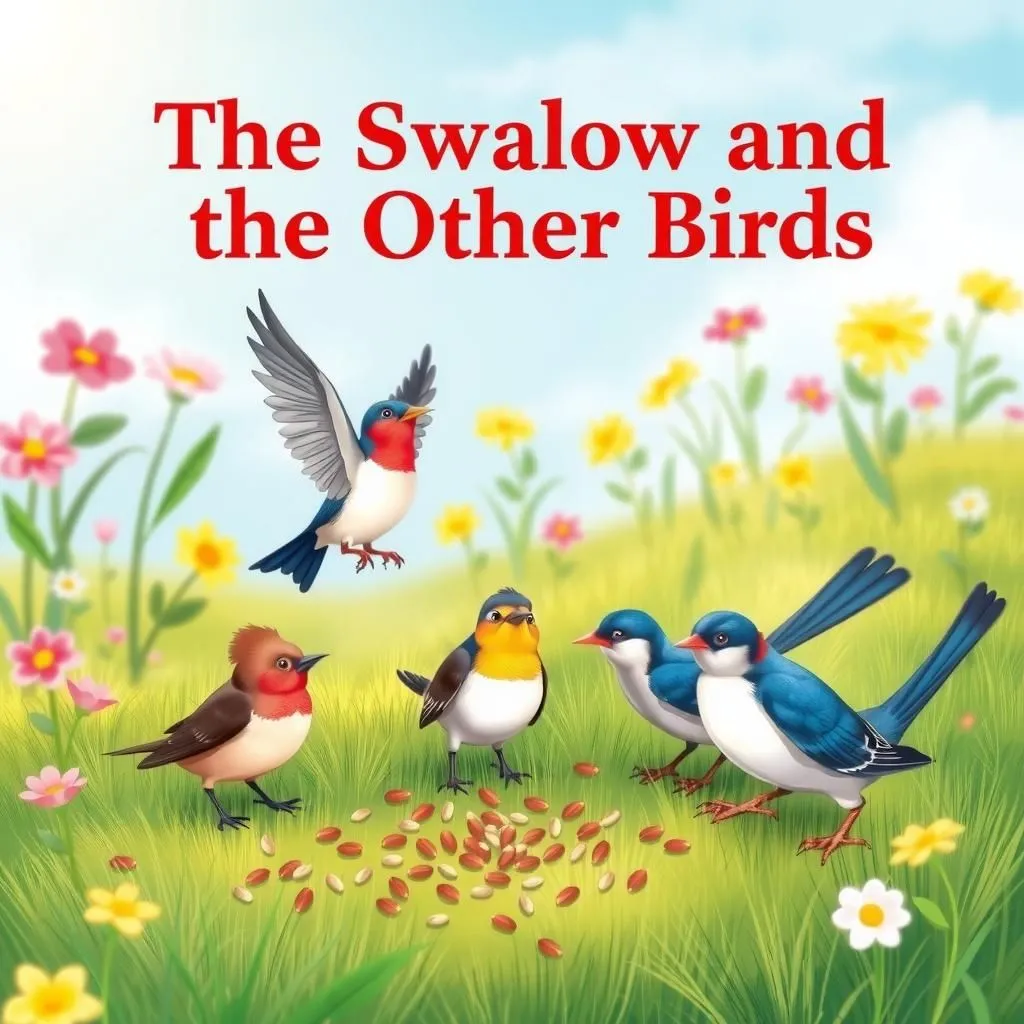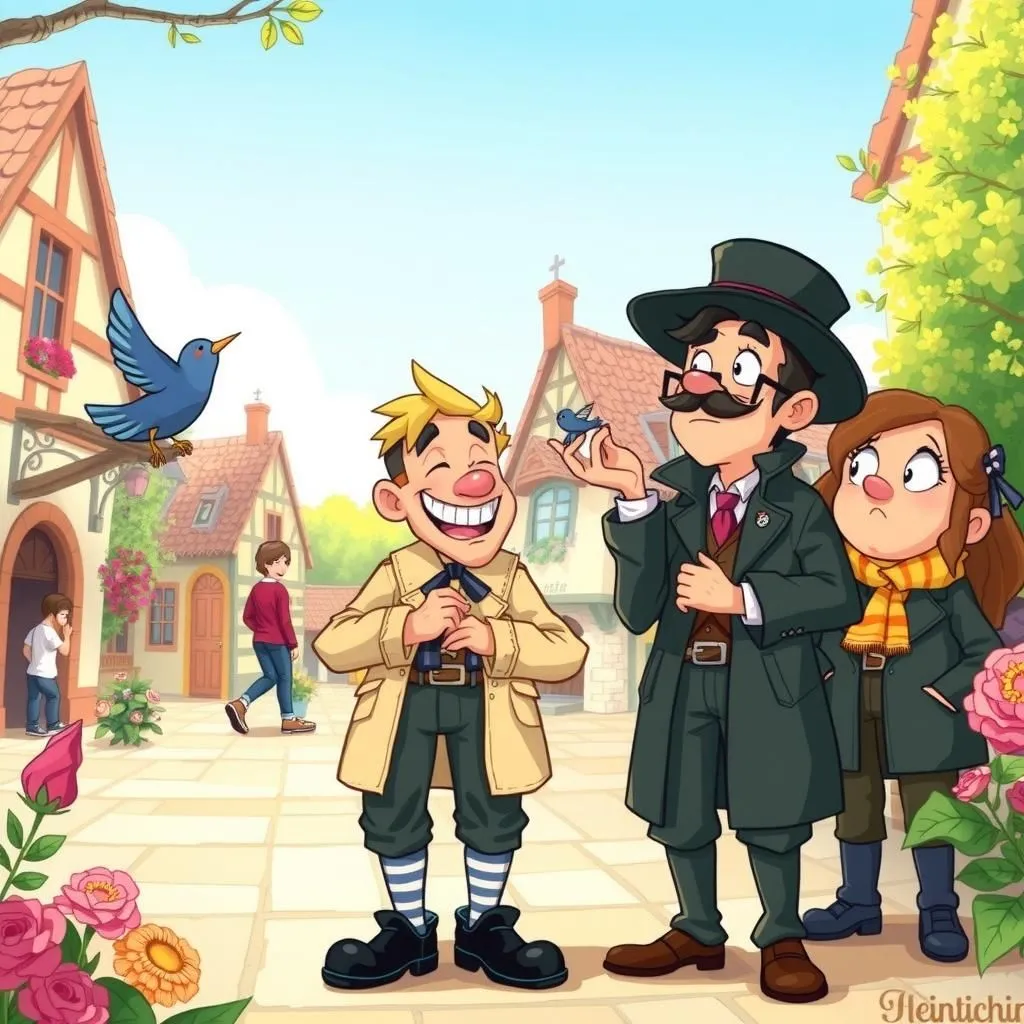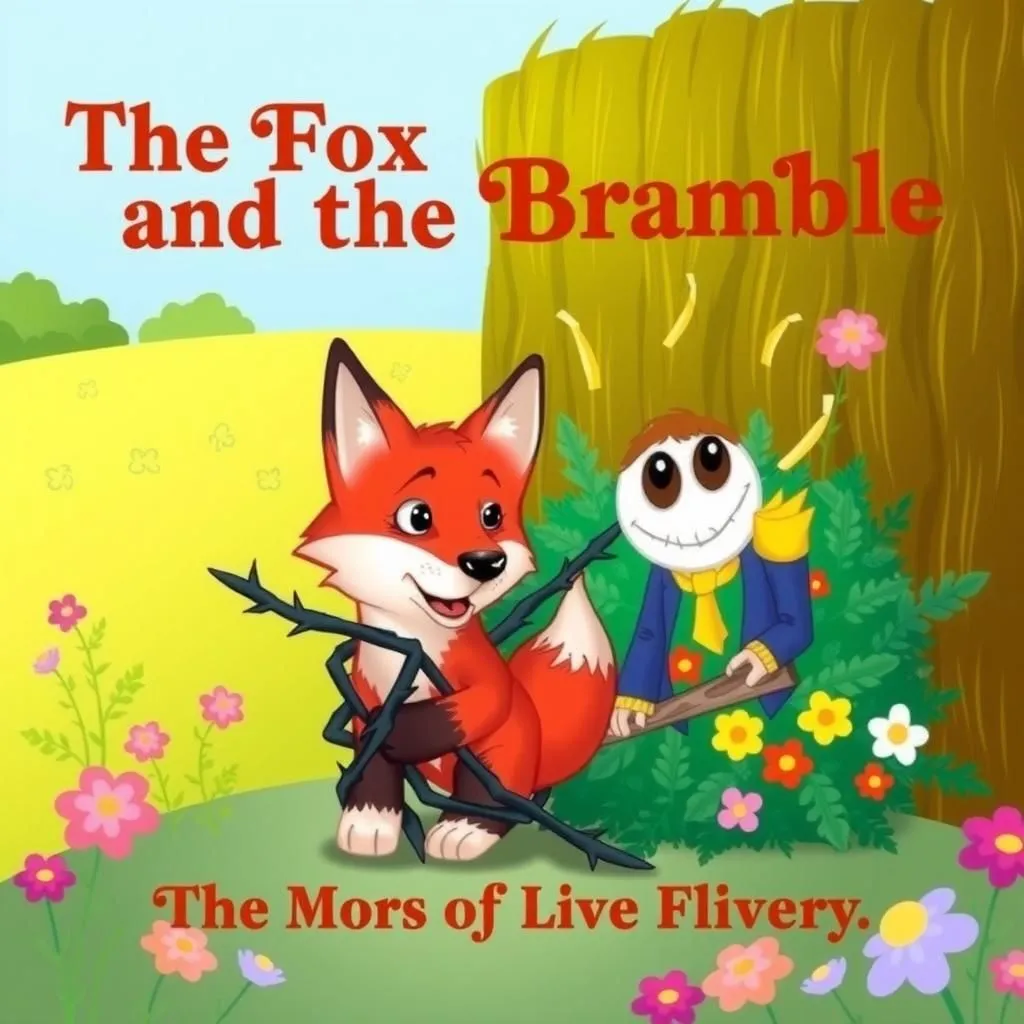
The Swallow and the Other Birds
In "The Swallow and the Other Birds," a Swallow warns fellow birds about the hemp seeds being sown by a Countryman, emphasizing the risk of future traps. Ignoring this advice leads the birds to become ensnared in nets made from the grown hemp, a poignant lesson in the importance of heeding warnings in real-life stories with moral implications. This easy small story with moral teaches that addressing potential dangers early can prevent ruin.


